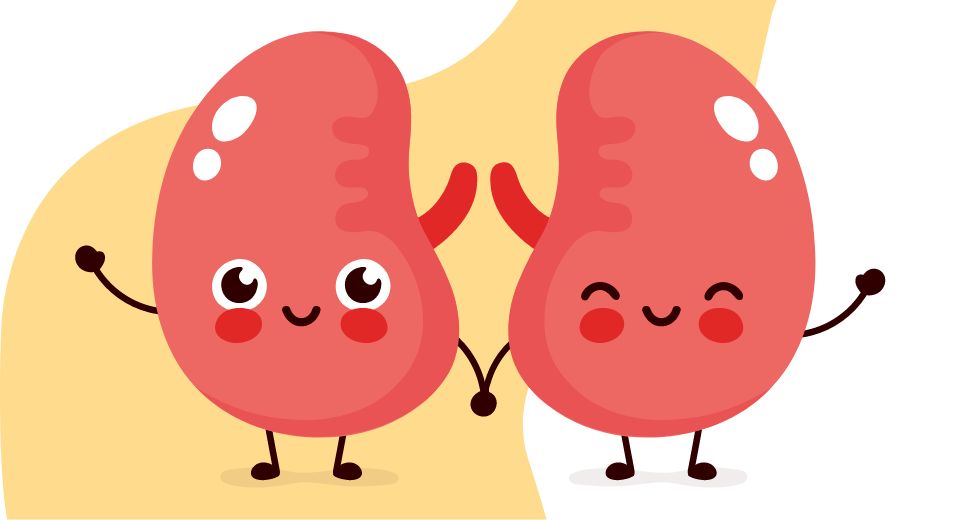World Kidney Day, observed annually on the second Thursday of March, serves as a global awareness campaign aimed at raising awareness about the importance of kidney health and the prevalence of kidney diseases worldwide. This year, World Kidney Day falls on March 14th, highlighting the significance of preventive measures and early detection in safeguarding kidney health.
Understanding the Kidneys
The kidneys are vital organs responsible for filtering waste products and excess fluids from the bloodstream to produce urine. Located on either side of the spine, the kidneys play a crucial role in maintaining overall health by regulating blood pressure, balancing electrolytes, and stimulating the production of red blood cells.
Functions of the Kidneys
– Filtration of waste products and toxins from the blood.
– Regulation of fluid and electrolyte balance.
– Production of hormones that regulate blood pressure and red blood cell production.
– Activation of vitamin D to maintain bone health.
Promoting Kidney Health
Maintaining kidney health involves adopting healthy lifestyle habits and minimizing risk factors associated with kidney diseases. Here are some ways to promote kidney health:
1. Stay Hydrated: Adequate fluid intake helps maintain optimal kidney function by supporting the filtration process and preventing the formation of kidney stones.
2. Balanced Diet: A diet rich in fruits, vegetables, whole grains, and lean proteins, while limiting salt, sugar, and processed foods, can help protect kidney health and reduce the risk of chronic kidney disease (CKD).
3. Maintain Healthy Blood Pressure and Blood Sugar Levels: High blood pressure and diabetes are leading causes of kidney damage. Regular monitoring and management of these conditions are essential for preserving kidney function.
4. Exercise Regularly: Engaging in regular physical activity can help maintain a healthy weight, improve circulation, and reduce the risk of kidney disease.
5. Avoid Tobacco and Limit Alcohol Consumption: Smoking and excessive alcohol intake can impair kidney function and increase the risk of kidney disease. Quitting smoking and moderating alcohol consumption can promote kidney health.
Signs of Kidney Problems
Early detection of kidney problems is crucial for preventing complications. Common signs and symptoms of kidney disease include:
– Fatigue
– Swelling of the legs, ankles, or feet
– Changes in urine frequency or color
– High blood pressure
– Persistent itching
– Difficulty concentrating
– Nausea and vomiting
Diagnosis and Treatment
If kidney disease is suspected, healthcare providers may perform various tests, including blood tests, urine tests, imaging studies, and kidney biopsies, to assess kidney function and identify underlying conditions.
Treatment options for kidney disease depend on the underlying cause and may include medication, lifestyle modifications, dialysis, or kidney transplantation.
Prevention is Key
Preventing kidney disease begins with awareness, education, and proactive management of risk factors. By adopting healthy lifestyle habits, staying vigilant for signs of kidney problems, and seeking timely medical care, individuals can protect their kidney health and enjoy a fulfilling life free from the burden of kidney disease.
This World Kidney Day, let us unite in raising awareness, promoting kidney health, and advocating for equitable access to kidney care for all. Together, we can make strides towards a world where kidney health is valued, protected, and prioritized.
Author: Mark Wade, MD
The information provided is for general interest only and should not be misconstrued as a diagnosis, prognosis or treatment recommendation. This information does not in any way constitute the practice of medicine, or any other health care profession. Readers are directed to consult their health care provider regarding their specific health situation.

Favorite Platform

New Content





